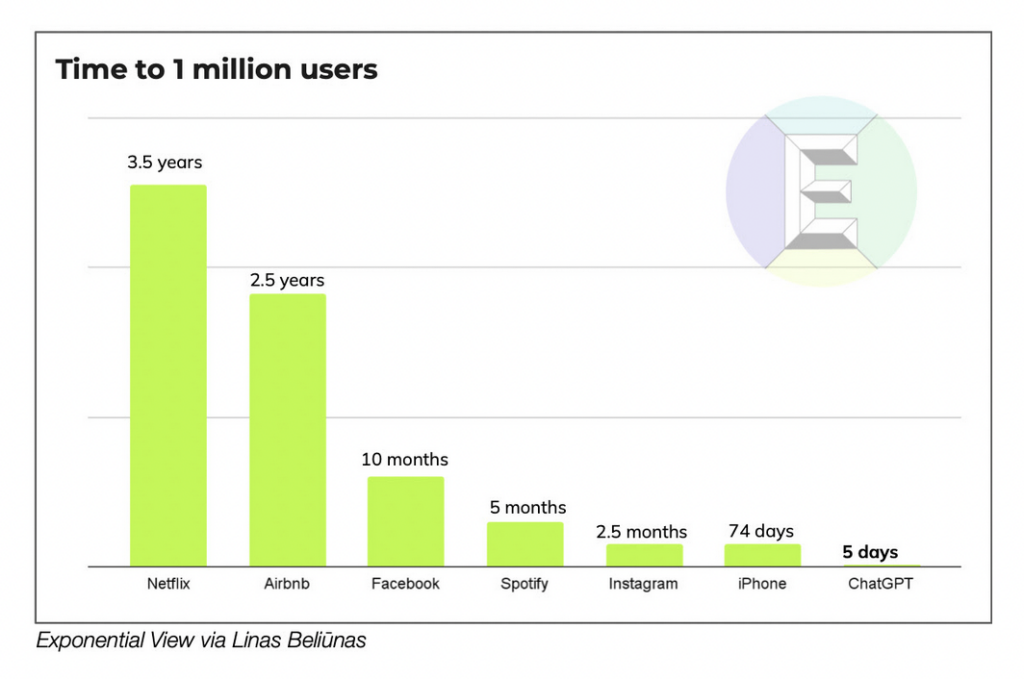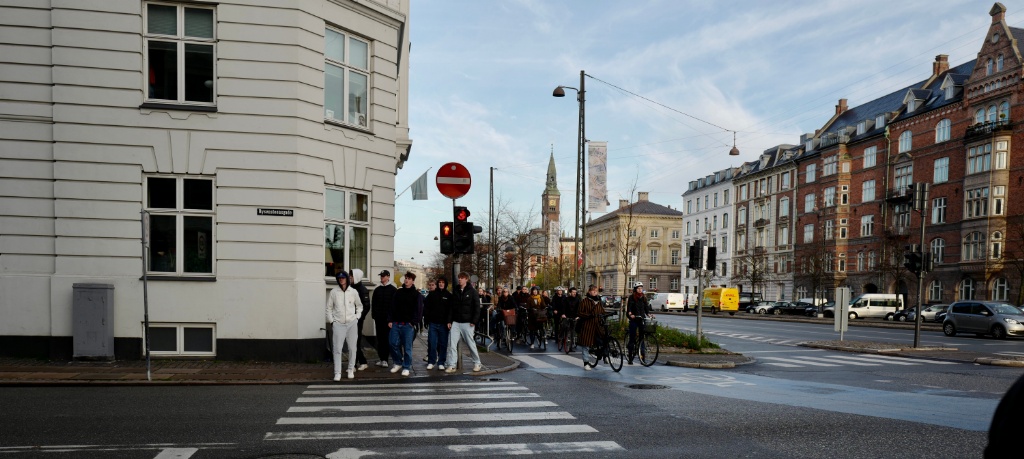A Berry, Berry Christmas?
Seen on a wintry woodland walk on Saturday morning.
Quote of the Day
”I have the reputation of having read all of Henry James, which would argue a misspent youth and middle age.”
- James Thurber
Musical alternative to the morning’s radio news
Regina Spektor | Better
Stumbled on this in an old playlist the other day. I had forgotten how good it is.
Long Read of the Day
AI’s Jurassic Park moment
A really perceptive blog post by Gary Marcus about the longer-term implications of ‘generative AI’ — i.e. software that uses machine-learning algorithms to enable machines to generate artificial content — text, images, audio and video content based on its training data — in a way that might persuade a human user into believing that its outputs are ‘real’.
The essay comes at a particularly appropriate moment because in the last few weeks we’ve seen an explosion of excitement as countless people have been experimenting with ChatGPT and in the process making (what I regard as) some foolish inferences about its capabilities.
These systems can be incredibly fun to play with. Take this example, generated by chatGPT by Henry Minsky (son of Marvin Minsky, one of AI’s founders), who asked chatGPT to “Describe losing your sock in the dryer in the style of the declaration of independence”:
“When in the course of household events, it becomes necessary for one to dissolve the bonds that have connected a sock to its mate, and to assume among the powers of the laundry room, the separate and equal station to which the laws of physics and of household maintenance entitle it, a decent respect to the opinions of socks requires that it should declare the causes which impel it to go missing.
We hold these truths to be self-evident, that all socks are created equal, and are endowed by their manufacturer with certain unalienable rights….”
That a machine could do this, with so little effort on the part of the user, is frankly mind-boggling.
But at the same time it is, or should be, terrifying. It is no exaggeration to say that systems like these pose a real and imminent threat to the fabric of society.
The core of that threat comes from the combination of three facts…
Read on. It’s important.
I wrote this column myself, but how long before a chatbot could do it for me?
My column about ChatGPT in yesterday’s Observer :
ChatGPT has become wildly popular because it’s easy to access and use: it can be run in a browser. All you have to do is open a free account with OpenAI and then give the program a task by describing what you want it to do in plain English. For example, you can ask it (as I did), “Is Donald Trump really a narcissist?”, and it will reply: “There is widespread speculation and debate among psychologists and mental health professionals about whether or not Donald Trump exhibits symptoms of narcissistic personality disorder. Some argue that his behaviour and statements align with the diagnostic criteria for the disorder, while others believe that his behaviour is better explained by other psychological factors.”
Obviously, this is not exactly profound, but at least it’s grammatical. It also strives for a quasi-authoritative style, which should set some alarm bells ringing; authoritative-sounding misinformation may have more purchase on ordinary mortals than the usual guff…
Do read the whole thing.
Chart of the Day
ChatGPT got to a million users in five days. The chart puts that in context.
From Azeem Azhar.
How to live to be 96
Anthony Lane writing at the time of the Queen’s death…
Trying to grasp what made her tick is no easy task, but a useful place to start would be “The Queen: Elizabeth II and the Monarchy,” a judicious biography by the historian Ben Pimlott. The index has an entry devoted to the sovereign’s interests. “Dogs” gets nine mentions; “Horses,” seven; “Racing,” six; “Shooting,” five; “Art collection,” four; “Reading,” three; “Politics,” a paltry two; and “Jigsaw puzzles, Scrabble, and television,” one.
And that is how you live to be ninety-six. Stay outdoors as much as possible. Keep a few books and games for rainy days. Enjoy the company of quadrupeds. And hope that nobody from the government drops in for tea. Elizabeth II, by the Grace of God, of the United Kingdom of Great Britain and Northern Ireland and of Her other Realms and Territories Queen, Head of the Commonwealth, Defender of the Faith—or, as Private Eye used to call her, Brenda—was a countrywoman at heart. That is to say, she was hale, sane, shrewd, constitutionally stoic, and schooled to believe that time spent on emotional self-perusal or intellectual fretting is time wasted. When films and TV dramas portrayed her as introspective, they got her quite wrong; her gaze was trained steadily outward, not into her soul. Despite her vast wealth and the public splendor that adorned her reign, the Queen had the instinctive prudence of a generation raised in a time of war. Finish the food on your plate. However strong your feelings, keep them safe, like money in a purse. Don’t wave them around like flags. Although she was the most famous woman in the world, on permanent show, no one could ever accuse her of being a showoff.
My commonplace booklet
Interesting Twitter Thread by @dansoncj on how Covid control in at least some parts of China seems to be becoming chaotic.
This Blog is also available as a daily email. If you think that might suit you better, why not subscribe? One email a day, Monday through Friday, delivered to your inbox. It’s free, and you can always unsubscribe if you conclude your inbox is full enough already!














